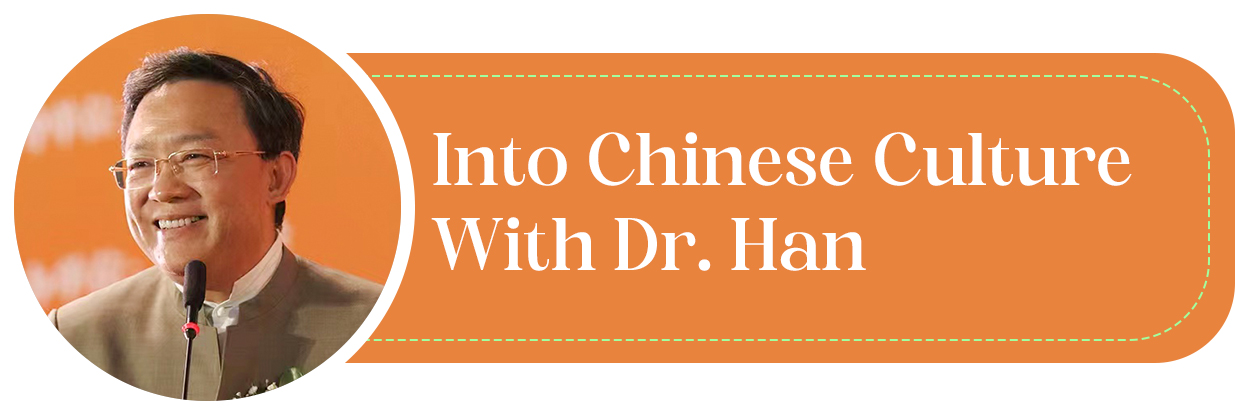The origin and development of Xinxue: From Mencius to Wang Yangming (2)
Writer: Han Wangxi | Editor: Liu Minxia | From: Shenzhen Daily

2. Self-examination, self-discipline and nurturing one’s mind
Humans are the essence of the universe. However, the human mind will be obscured by unkind desires when the mind attaches itself to objects. When the mind is clouded by selfish desires, one is suggested to do self-examination and restrict his own desires with self-discipline. One is also suggested to ask himself from deep in his heart whether he wants to walk on the right path or not.
Mencius said, “Benevolence is man’s peaceful abode and rightness is his proper path. It is indeed lamentable for anyone not to live in his peaceful abode and not to follow his proper path.” People are taught to live with benevolence and do proper deeds.
When we talk about self-examination and self-discipline, we shall not skip nurturing one’s mind. Mencius said, “There is nothing better for nurturing the mind than reducing one’s desires. When a man has but few desires, even if there is kindness he fails to preserve, it cannot be much. But when he has many desires, even if there is kindness he manages to preserve, it cannot be much.” Desires in Mencius’ words indicate those selfish and incorrect desires. Mencius held the view that taking control of desires is better than other methods in cultivating one’s personality.
Mencius believed all human beings share an innate goodness, and Wang Yangming held a similar thought. According to Wang, one’s mind won’t be covered. It glitters all the time, even in the dark.
Mencius told a story using trees as a metaphor for human nature. He said: “There used to be lush trees on Niushan Mountain, but since it is on the outskirts of a great metropolis, the trees are constantly lopped by axes. Is it any wonder that they are no longer fine? With the respite they get days and nights, there will be new shoots coming out. But then the cattle and sheep come to graze upon the mountain. That is why it is as bald as it is. People, seeing only its baldness, tend to think that the mountain never had any trees. But can this possibly be the nature of a mountain?”
According to Mencius, a man letting go of his kindness is like the case of the trees. If a man is seen doing all the bad deeds, can people say that the man is completely lacking in moral inclinations? Is it possible for him to behave and think immoral when he was a baby being held by his mother? However, the man tended to be evil because he lost his original mind.
“Chuanxilu” records a conversation between a man and Wang. The man asked Wang, “All people have the mind, and the mind is identical with supreme principle. Why do some people do good and others do evil?” Wang said, “The mind of an evil man has lost its original substance.” People doing evil is the result of losing his original mind. A man shall examine himself and take control of his selfish desires in order not to lose the mind. Wang’s doctrine on the original mind derives from Mencius’.
Mencius said: “When a man can no longer preserve kindness which is naturally arisen at night, he is not far from an animal.” Mencius implied that a man shall do self-examination in the still of night and think about if there is anything that can be improved or if he himself has a sense of regret and shame. Confucius said, “Hold on to it and it will remain; let go of it and it will disappear. One never knows the time it comes or goes, neither does one know the direction.” He asked people to always preserve kindness in their minds. According to Mencius, the sole concern of learning is to go after the strayed heart and find consciousness back.
(The author is a cultural scholar.)
(Translated by Chen Siqi)